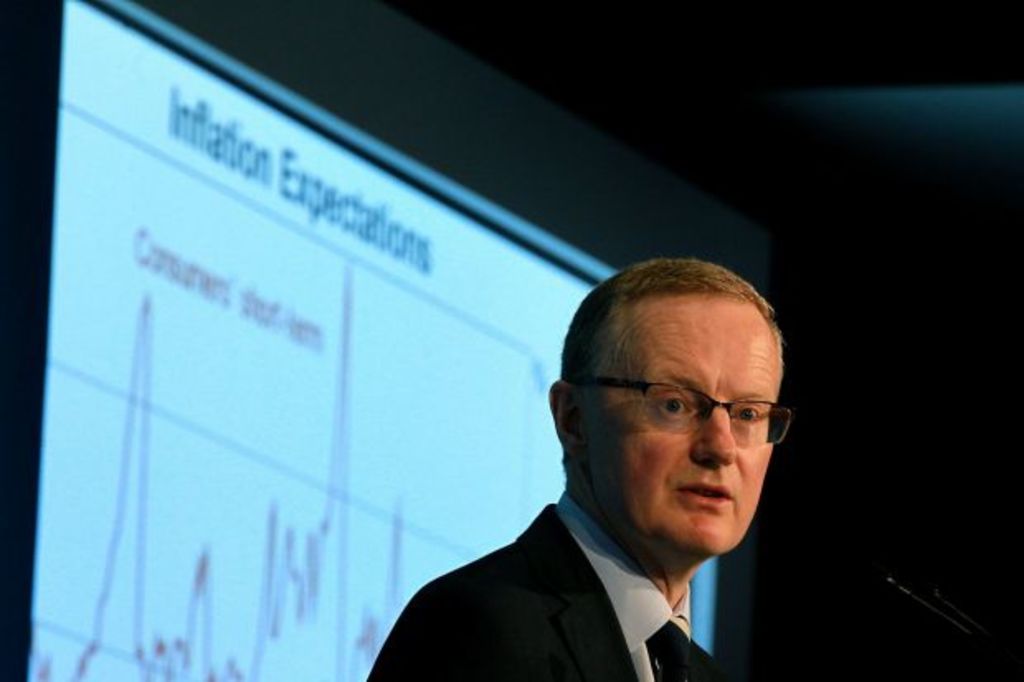RBA hibernation set to continue as rates remain on hold

The Reserve Bank of Australia looks set to spend much of 2018 in hibernation as experts see a possible record being set for the longest period of unchanged interest rates.
The Reserve Bank today left the official cash rate on hold for the 16th-straight month, in a widely expected move.
None of the 28 economists surveyed by Bloomberg expected the central bank to move the official cash rate at today’s December meeting – the last until February 6 – while the market is pricing in just half of one rate hike by the end of next year.
Governor Philip Lowe has repeatedly reminded the market the board would like the next move for rates to be up but questions of when and whether it will be able to continue to swirl above the economy.
UBS economists expect the RBA to hike in November 2018 but note a distinct chance the board could opt to wait until 2019 – that would make it 25 months without moving interest rates, the longest wait on record.
“At the end of the day it just comes down to the level of debt in the Australian economy,” UBS economist Carlos Cacho told Domain. “An even relatively modest rate hike would have a pretty strong impact on the cash flow of consumers, when they’re already under pressure.
“With weak wages growth, out-of-cycle rate increases from the banks and higher electricity prices … the consumer just doesn’t have a lot of spare cash.”
But while most economists agree 2018 will be a “wait and see” year from the Reserve Bank, consensus is far from absolute.
Goldman Sachs economists this week warned “we believe the market is underestimating the risk of higher rates over the coming year”, while ANZ economists believe two rate hikes will be pushed through in 2018.
“We’re getting more comfortable that we’re passed trough in terms of wages and inflation growth, we think they’re slowly going to pick up from where they are now – that should give the RBA a bit of comfort and clear the way for them to increase rates twice next year,” ANZ senior economist Daniel Gradwell told Domain.
Specifically, cooling Sydney and Melbourne property prices will be “encouraging” the Reserve Bank, after years of double-digit percentage growth became a concern for the board.
“It looks like APRA’s macroprudential policy has done a lot of the heavy lifting for the RBA. We know that raising interest rates is a fairly blunt tool, so they would have been pretty reluctant to do that just to cool down the housing market.
As for today’s statement, ANZ economists will be “looking for any commentary around the housing market and whether they’re comfortable with the level of household debt”, but note the awkward timing ahead of tomorrow’s GDP data.
Meanwhile UBS says there could be a “slightly dovish shift in the statement”, meaning a tempering of the lean towards hikes.
We recommend
States
Capital Cities
Capital Cities - Rentals
Popular Areas
Allhomes
More







